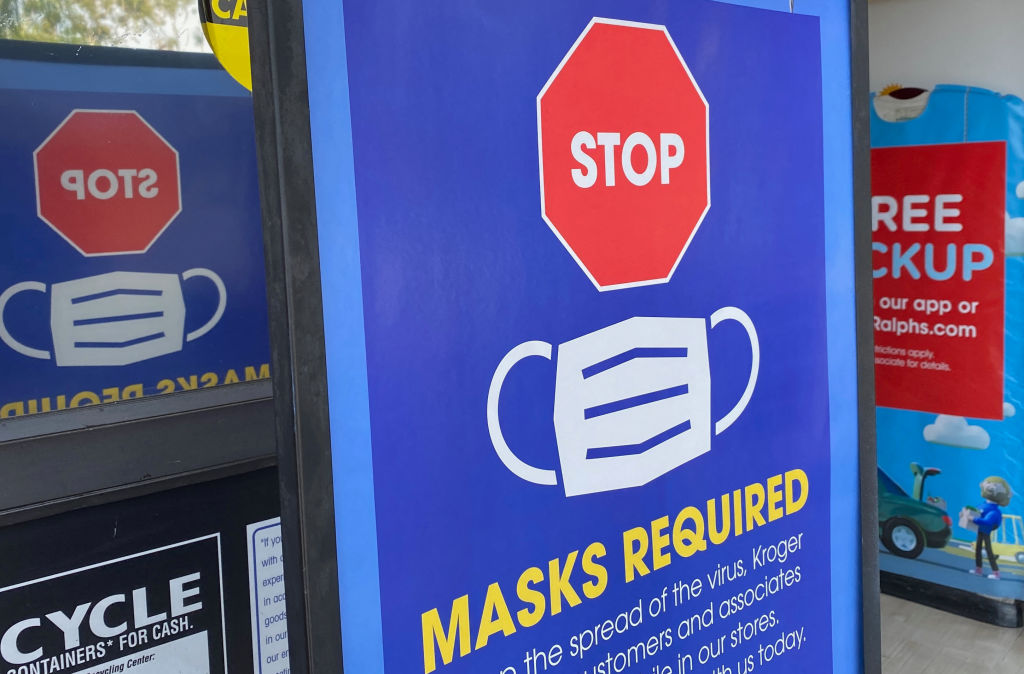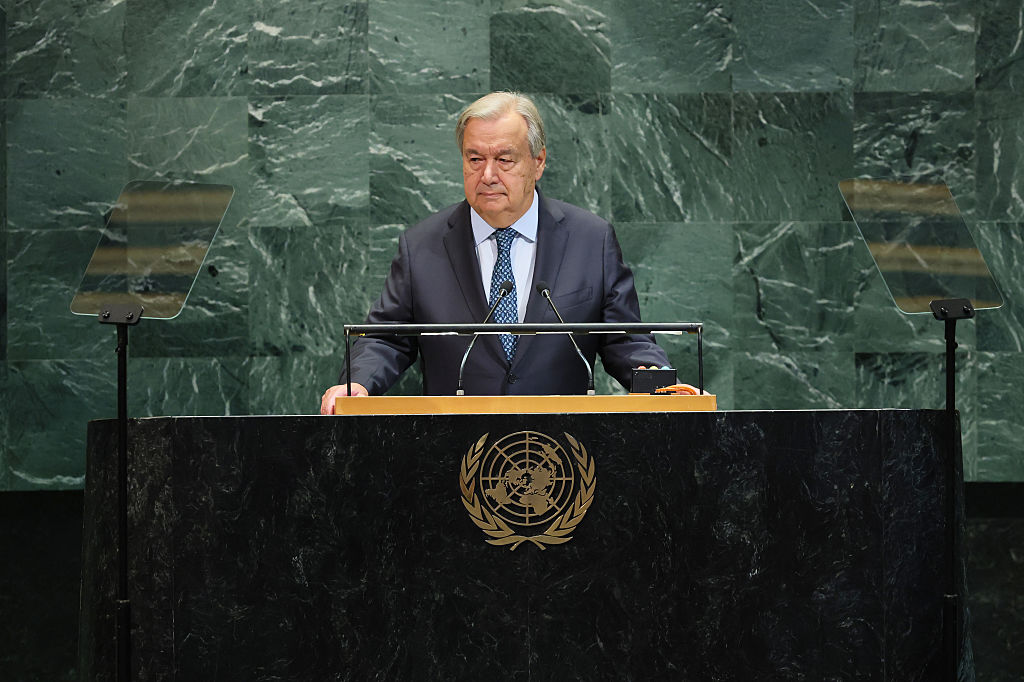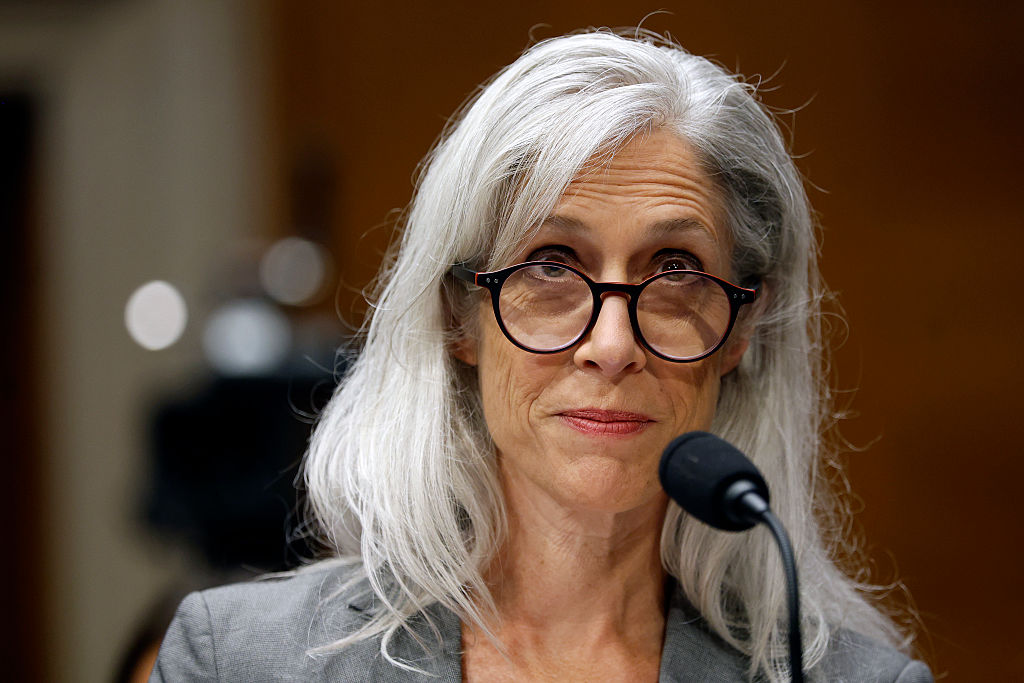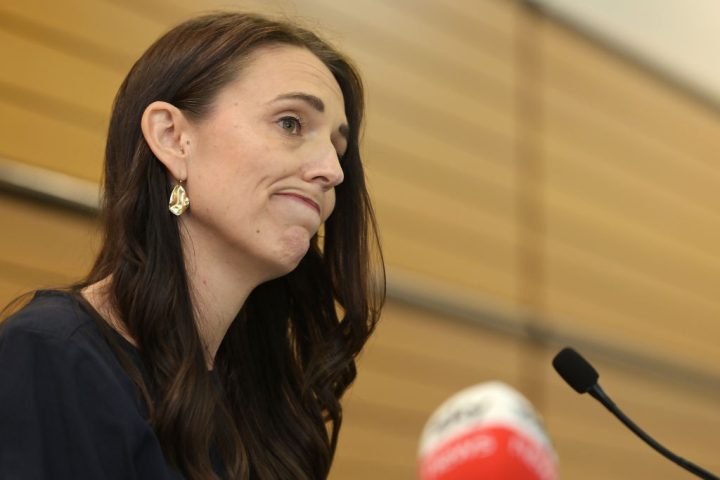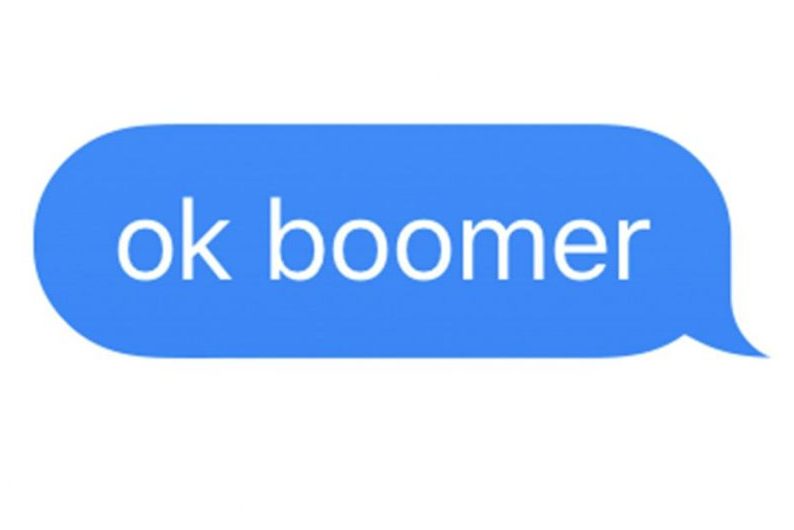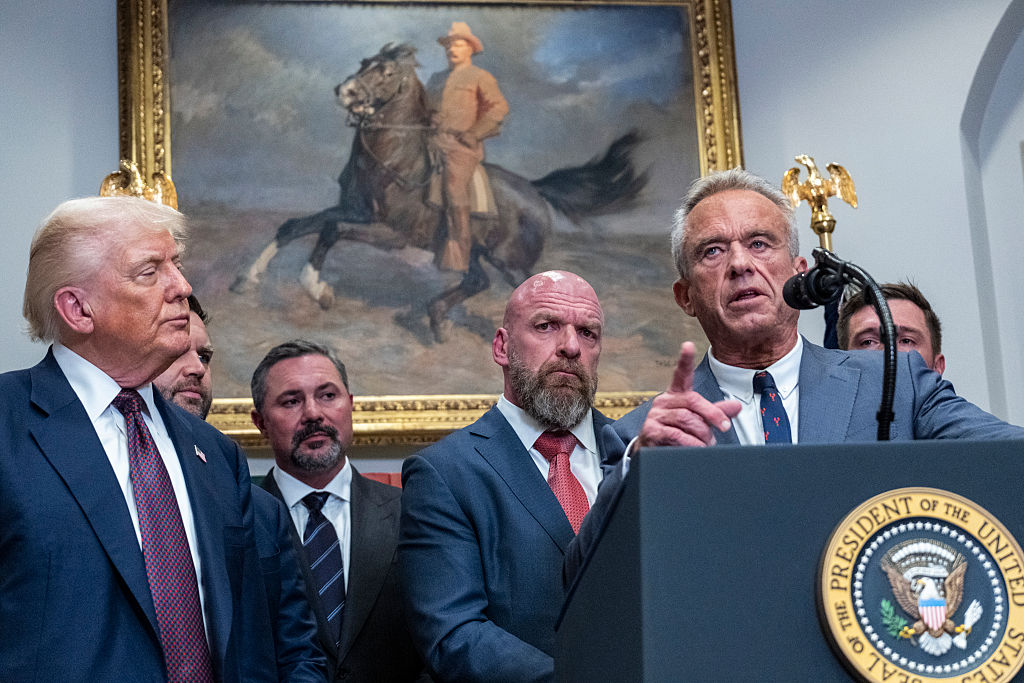I did not intend for this to read like a cautionary editorial. When the Spectator World asked me to do a piece on the BA.2 Omicron subvariant, I thought I would simply be updating readers on the progress of the latest Covid mutation. And while the BA.2 is fast spreading, it appears to be no more life threatening than earlier versions of the coronavirus.
Virus-related hospitalizations in New York state and the rest of the Northeast, where the new variant is especially prevalent, have gone up slightly in recent weeks, but are nowhere near where they have been in previous Covid surges. And according to the data, those who contract BA.2 are not at a higher risk of serious illness.
There is no indication that BA.2 is vaccine resistant, and the coming of summer, along with the level of herd immunity the country has developed from its recent exposure to the original omicron, will likely mute the subvariant’s impact.
All this is not to say that I failed to discover a serious coronavirus threat. It just wasn’t the one I expected. For what has really begun to worry doctors is that public awareness of how government overreacted to Covid, imposing needlessly harmful restrictions while shutting down thoughtful critics, has caused far too many to underestimate their own vulnerability — and how much harm they could inflict on others.
That excessive government restrictions would lead to such paradoxical results became evident as early as the spring of 2021, when vaccines were finally available. Of all the advanced industrial countries, the United States had the lowest immunization rate, which unfortunately meant that it also had the highest per capita death rate. This remains true to this day. “Death rates are so high in the States,” laments Devi Sridhar, head of the global health program at the University of Edinburgh in Scotland. “Eye-wateringly high.”
Sridhar and others who have studied the problem attribute it to Americans’ historical suspicion of government, which is only aggravated when the authorities assume the right to exercise extraordinary powers. In other words, when an official says, “you must do this — it’s for your own good,” the instinct is to do the opposite. Thus, Americans “are less inclined to follow public health precautions like getting vaccinated or reducing their contacts during surges,” says Thomas Bollyky, co-author of a recent Lancet article on the subject.
Reports of Covid victims inappropriately sent to New York nursing homes, of public officials going hypocritically maskless, of well-known virus experts hiding their respective connections to the infamous Wuhan Institute of Virology, have only further eroded government credibility. Shantanu Nundy, a primary care physician and chief medical officer at the digital healthcare firm Accolade, tells the Wall Street Journal that he gets a lot of calls along the lines of “Hey, I’m having a weird cough. It’s probably allergies, right?” Or “I’m positive, but it’s been four days and I really don’t have any symptoms. Like I’m sure I’m fine to go on XYZ trip.”
This reluctance to test has combined with an overall shift to home testing, whose results never enter the official case tallies. That’s created the misleading impression of rapidly slowing infection rates. Not only has this further emboldened those with mild symptoms to ignore them, those who were skeptical of government lockdowns from the beginning are increasingly tempted to discourage others from being responsible. Dr. Eric Ascher, a family medicine physician at Lenox Hill Hospital in New York, says he gets the chills from social media messages like “Know how not to get Covid? Don’t get tested.”
In recent months, it has become clear how needlessly restrictive governments have been with respect to containing to Covid. An April National Bureau of Economic Research (NBER) study comparing the Covid policies of the different states shows that the degree of lockdown severity did almost nothing to save lives. And a meta-analysis from Johns Hopkins University similarly concludes that lockdowns in both the US and Europe “had little to no public health effects” while imposing “enormous economic and social costs.”
It is perhaps natural that journalists would focus on statistics like the number of permanently closed businesses, lost face-to-face classroom hours, and reduced tax revenues. Conservative and libertarian commentators have also worried that the federal government’s expansive approach to Covid has set unconstitutional precedents for future crises. This concern is essentially what U.S. District Judge Kathryn Kimball Mizelle was addressing when she ruled that the Centers for Disease Control (CDC) had overstepped its authority by imposing mask requirements on public transit.
But the most ironic harm has been caused by the needlessly strict lockdown of those who were not elderly, not seriously overweight, and not immunocompromised. Aggravating skepticism, politicians and bureaucrats caused many to forget that even the proverbial broken clock can still be right twice a day.
Indeed, the way many Americans have unfortunately been conditioned to deal with Covid is not unlike the behavior of a teenage client once described by a prominent California psychologist. Each semester, the young man reliably flunks every course his arrogant and controlling father insists he do well in.
“Don’t you realize how completely you’ve let your father control your life?” the therapist finally says to the teenager.
“What do you mean? I never do well in any of the subjects he wants.”
“That’s the point,” the psychologist explains. “I can predict exactly what grade you’re going to get in each subject by how your dad feels about it.”
We have all reached our tolerance for self-quarantines, contact tracing, ineffective mask mandates, missing vacations, social distancing, giving up favorite neighborhood restaurants, and checking other people’s vaccination status. Nobody is going back to lockdowns.
But if there is one lesson that has yet to be fully absorbed, it is that the remedy for heavy-handed government is not minimizing or discounting everything its officials endorse.



